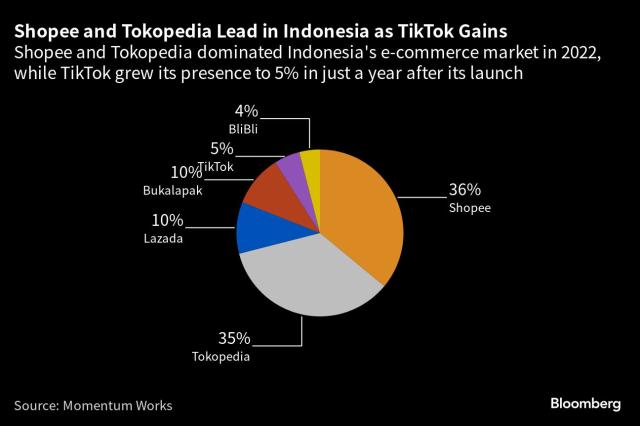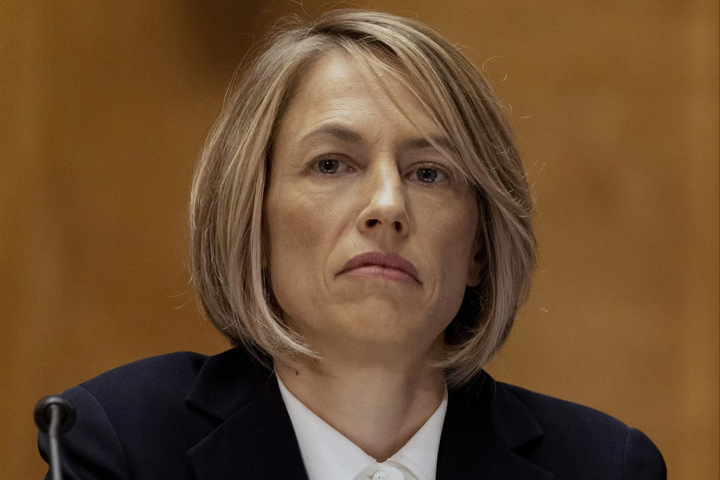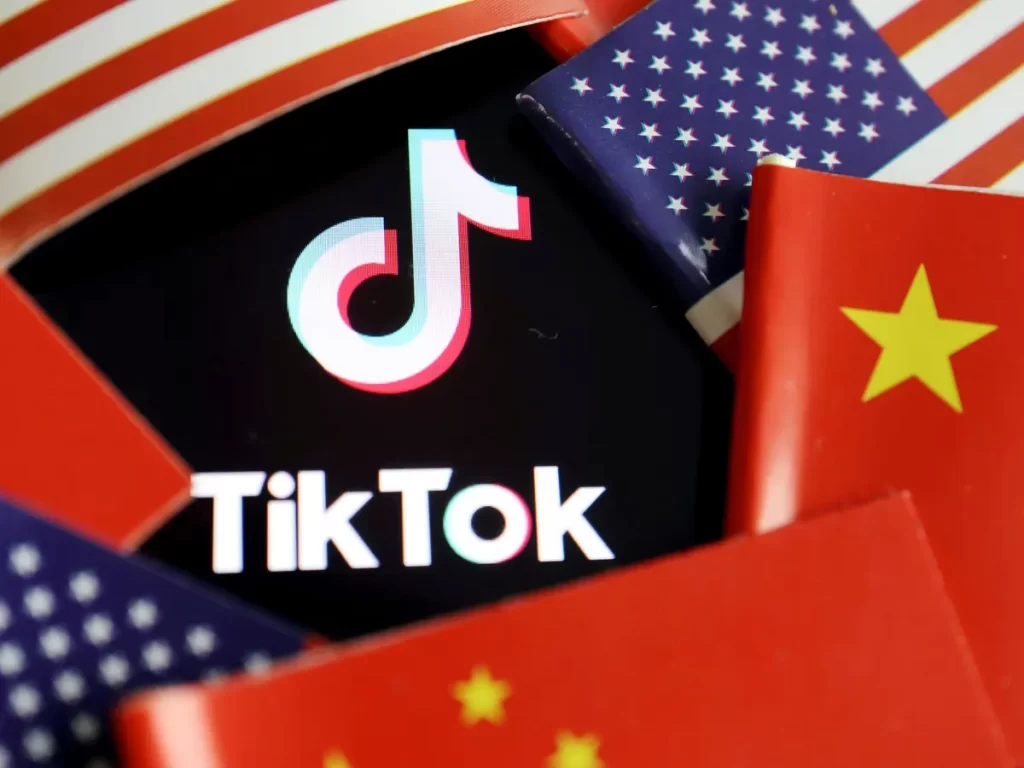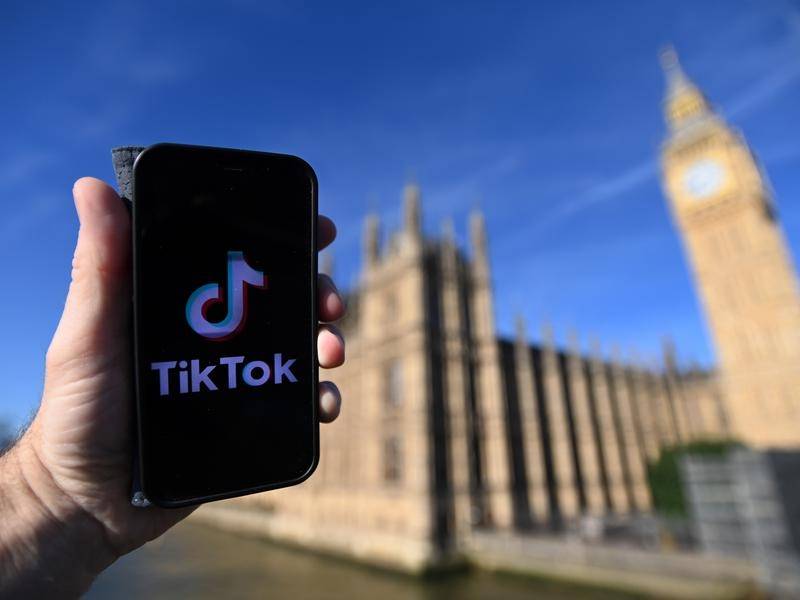TikTok Ban in Montana Blocked by Court as Free Speech Threat

I am a law graduate from NLU Lucknow. I have a flair for creative writing and hence in my free time work as a freelance content writer.

I am a law graduate from NLU Lucknow. I have a flair for creative writing and hence in my free time work as a freelance content writer.

I am a law graduate from NLU Lucknow. I have a flair for creative writing and hence in my free time work as a freelance content writer.
In a surprising turn of events, TikTok, the wildly popular Chinese-owned social media platform, is facing a formidable obstacle in its quest for e-commerce dominance as a groundswell of regulatory backlash grows globally.

The latest blow comes from Indonesia, Southeast Asia’s retail giant, where sweeping regulations have been implemented, forcing TikTok to split payments from shopping—a move that could impede its thriving e-commerce initiatives. The Indonesian Minister of Cooperatives and Small and Medium Enterprises, Teten Masduki, has emerged as a vocal critic, expressing concerns about TikTok squeezing local players. The new regulations prohibit social media companies from handling direct payments for online purchases, and TikTok, with its TikTok Shop, is the only platform currently doing so. This separation poses a significant challenge for TikTok, forcing it to reconsider its e-commerce strategy in Indonesia.
The regulations have triggered a ripple effect in the market, benefiting local players like GoTo and Sea, while potentially chilling the entire online shopping arena. The ban on direct payments could alienate foreign firms and investors, adding to concerns about protectionist measures in various industries.
TikTok has pushed back against the regulations, arguing that separating social media and e-commerce stifles innovation and adversely affects millions of merchants and consumers who rely on the platform for their livelihoods. The company faces the dilemma of either creating a separate app for payments, potentially diminishing its user experience or risk having its business shut down in Indonesia.
Also Read: From Unicorns to Camels: How AI Startups Transcend The Divide in Tech Investment
The conflict with Indonesian authorities marks a stark contrast to the optimism expressed just a few months ago when TikTok’s CEO promised significant investments in Southeast Asia. The regulatory challenges in Indonesia may also set a precedent for other countries in the region to scrutinize TikTok’s influence in their e-commerce markets.
As TikTok navigates this regulatory minefield, it faces not only potential scrutiny in the US, Europe, and India but also the challenge of finding a structure that satisfies authorities while allowing for continued growth. The outcome of this battle will have implications not only for TikTok’s ambitious e-commerce plans but also for the broader landscape of social media and online shopping worldwide.

I am a law graduate from NLU Lucknow. I have a flair for creative writing and hence in my free time work as a freelance content writer.
TikTok’s Chief Operating Officer (COO), V Pappas, is leaving the popular social media platform after almost five years with the company. In a note to employees and on Twitter, Pappas, who uses she/her and they/them pronouns, mentioned that now that TikTok has achieved significant success, she feels it’s the right time to pursue her entrepreneurial passions. TikTok CEO Chew Shou Zi announced that Pappas will continue to serve as a strategic adviser.

Chew expressed gratitude for Pappas’ contributions, acknowledging her instrumental role in growing the business, promoting the company, enhancing product offerings and marketing campaigns, and fostering a positive community of creators and users.
Chew wrote, “I want to take this opportunity to thank V for their many contributions over the years. Throughout their time at TikTok, they have been instrumental in growing the business, advocating for the company, elevating our product offerings and marketing campaigns, and fostering a positive community of creators and users.
They have had a significant and lasting impact and we are truly grateful for their tireless efforts.” US lawmakers grill TikTok CEO on App’s alleged ties to Chinese Communist Party.
Also Read: Intel spends $33 billion in Germany in landmark expansion
Pappas initially joined TikTok in 2018 as the general manager and later became the interim head in 2020 when the previous CEO departed. She assumed the COO position the following year and has been a vocal advocate for the company, testifying before the US Senate committee on social media’s impact on homeland security.
TikTok has faced scrutiny over its Chinese origins, with concerns raised about user data sharing with the Chinese government and the dissemination of propaganda and misinformation.
The company is currently in negotiations with the Biden administration regarding its data privacy plans. TikTok maintains that it has never been asked by the Chinese government to share US user data and that it would refuse such a request if made.
In 2020, the Trump administration in the United States issued executive orders that sought to ban TikTok, citing national security concerns related to data privacy.
However, these bans were later blocked by court rulings, and negotiations between TikTok and various US companies, including Oracle and Walmart, resulted in the formation of a new entity called TikTok Global. This partnership was intended to address the concerns raised by the US government.
Since then, TikTok has taken steps to address data privacy and security concerns. They have established transparency centers, expanded their content moderation policies, and emphasized their commitment to safeguarding user data. TikTok’s data is stored in the United States, with backup copies in Singapore.
In addition to Pappas’ departure, TikTok CEO Chew announced an organizational shake-up. Zenia Mucha, a former communications executive at Disney, will join TikTok as the Chief Brand and Communications Officer, overseeing marketing and public relations. Adam Presser, currently the chief of staff, will take on the role of head of operations.

I am a law graduate from NLU Lucknow. I have a flair for creative writing and hence in my free time work as a freelance content writer.
In order to “protect Montanans” from alleged Chinese spying, Governor Greg Gianforte of Montana signed legislation on Wednesday banning Chinese-owned TikTok from functioning in the state. This makes Montana the first U.S. state to outlaw the well-known short video app.
TikTok poses a national security danger, according to FBI Director Chris Wray, who also noted that Chinese businesses are essentially forced to “do whatever the Chinese government wants them to in terms of sharing information or serving as a tool of the Chinese government.”

Congressmen expressed dissatisfaction in March about the Chinese government’s “golden share” in ByteDance, which gives it control over TikTok.
Also Read: Google to delete inactive accounts starting December
A Chinese government-affiliated business owns 1% of the ByteDance subsidiary Douyin Information Service, according to TikTok, which also claims that the ownership “has no bearing on ByteDance’s global operations outside of China, including TikTok.”
TikTok operations in the United States are a national security threat, according to FBI agent Wray, since the Chinese government may use video-sharing software to influence users or take control of their devices.
Among the dangers, according to Wray, is “the potential for the Chinese government to use [TikTok] to control data collection on millions of users or control the recommendation algorithm, which could be used for influence operations.”
Paul Nakasone, director of the National Security Agency, expressed concern in March about the information TikTok gathers, the mechanism it uses to distribute it to users, and “the control of who has the algorithm.” He claimed the TikTok platform may facilitate extensive influence operations since it could “turn off the message” and actively influence users.
According to TikTok, it “does not permit any government to influence or change its recommendation model.”
A 2017 National Intelligence law, according to lawmakers, gives the Chinese government the power to compel ByteDance to divulge user information from TikTok.
According to TikTok, because it was founded in California and Delaware, it is governed by American laws and regulations. According to TikTok’s CEO, the company has never shared and will never share user information with the Chinese government.
Also Read: Apple to open the first online shop in Vietnam
Eight states, including California and Massachusetts, initiated an investigation into TikTok’s potential participation in the harm to young people’s physical and mental health in March 2022. The focus of the inquiry is on how TikTok increases young users’ engagement, including how it purportedly lengthens their time on the network and how frequently they use it.
In August 2020, former President Donald Trump issued executive orders seeking to ban TikTok in the United States unless it was sold to an American company. The main reason cited for the proposed ban was the potential threat to national security posed by the app’s data practices. However, various legal challenges and negotiations delayed the implementation of the ban

I am a law graduate from NLU Lucknow. I have a flair for creative writing and hence in my free time work as a freelance content writer.
Due to security concerns, New Zealand announced on Friday that it would restrict the usage of the video-sharing platform TikTok on devices connected to the nation’s parliamentary network. With this decision, New Zealand joined a growing list of countries that have restricted TikTok on devices used by the government.

Global worries have grown over the possibility that ByteDance, TikTok’s Chinese parent business, could give the Chinese government access to users’ contact information and location information.
Also Read: U.S. set to further tighten chipmaking exports to China
The seriousness of those worries was highlighted earlier in the week when the Biden administration insisted that TikTok’s Chinese owners sell their holdings or risk having the app banned in the United States. By the end of March, all devices in New Zealand with network connectivity to the parliament will be prohibited from using TikTok.
Rafael Gonzalez-Montero, the chief executive of the Parliamentary Service, explained in an email to Reuters that the choice was made following consultations with cybersecurity professionals, talks within the government, and consultations with other nations. He stated, “Based on this information, the Service has determined that the risks are not acceptable in the current New Zealand Parliamentary environment.”
For those who need the app to perform their job responsibilities, special accommodations can be made, he continued. New Zealand operates differently from other countries, according to Prime Minister Chris Hipkins, who was speaking at a press conference.
In terms of IT and cybersecurity policies, “Departments and agencies follow the advice of the (Government Communications Security Bureau)… we don’t have a blanket across the public sector approach,” Hipkins said.
The Ministry of Foreign Affairs and Trade and the New Zealand Defense Force both announced on Friday that they had already enacted bans on TikTok on work devices. A New Zealand Defence Force spokesperson told Reuters in an email that the action was taken as a “precautionary approach to protect the safety and security” of the personnel.
Also Read: Google rolls out AI writing assistant to Gmail and Docs
On Thursday, Britain immediately prohibited the app from being used on government smartphones. The app must be removed from authorized devices by U.S. government organizations by the end of March.
In response to a query regarding the TikTok bans from Britain and New Zealand, Wang Wenbin, a spokesman for the Chinese foreign ministry, stated that the two nations should “stop over-extending and abusing the concept of national security, and provide a fair and non-discriminatory environment to companies from all countries.”

I am a law graduate from NLU Lucknow. I have a flair for creative writing and hence in my free time work as a freelance content writer.